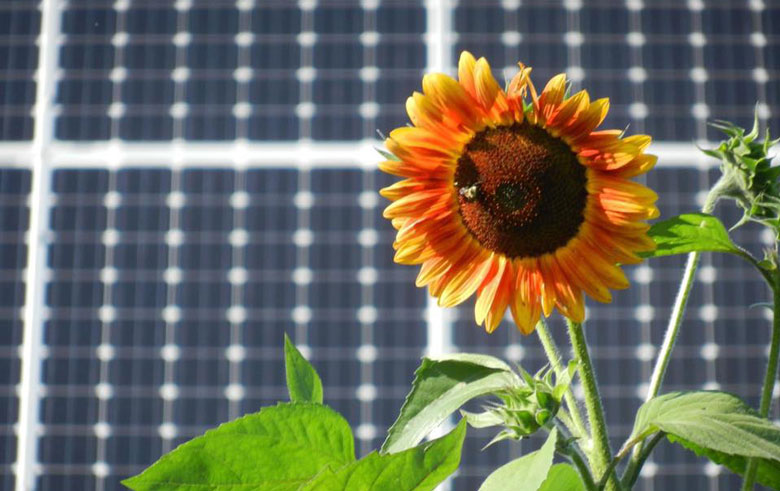The Island Institute is one of five organizations in the country to be awarded a contract by the Energy Transitions Initiative Partnership Project, or ETIPP. As a partner in this new U.S. Department of Energy-sponsored initiative, the Island Institute will be awarded $330,000 over three years by the National Renewable Energy Laboratory.
Residents of Maine’s 15, year-round unbridged island communities face electricity rates as high as four times the national average. Energy costs on remote islands increase dramatically due to aging infrastructure, seasonal fluctuations in demand, and lack of efficiencies of scale.
For more than a decade, the Island Institute has been working with island communities in their transition to clean, secure, and cost-effective energy systems. Ultimately, these communities seek to reduce their reliance on expensive fuel that requires transport on land and over water. Transitions to clean, renewable energy sources will increase community resiliency to natural disasters, regional grid failures, and fuel price fluctuations.
Nearly all remote and “islanded” communities in the U.S. today share one thing in common: They are pursuing holistic, long-term strategies to shore up their vulnerabilities to major shifts in the environment, economy, or society.
Overcoming these challenges and reducing risk requires ramping up resilience—often with limited resources and capacity. As a partner in the new initiative, the Island Institute aims to bridge that gap by providing resources and on-the-ground support for communities seeking to transform their energy systems and lower their vulnerability.
“The Island Institute has been recognized as a leader in helping island communities better understand and confront their unique energy challenges,” said Suzanne MacDonald, chief community development officer at the Island Institute. “The ETIPP contract will provide these communities with best-in-class technical assistance and peer support as they continue with their efforts to access cleaner, more affordable energy sources.”
Together, the broad coalition formed by ETIPP will work alongside competitively selected communities, empowering them to plan for, withstand, and recover from disruptions and proactively address their energy and infrastructure challenges. The ETIPP network will provide technology-neutral technical assistance that prioritizes local challenges, values, and goals. In the winter of 2020, island communities will be invited by the Island Institute to apply to participate in this multiyear collaborative effort.





